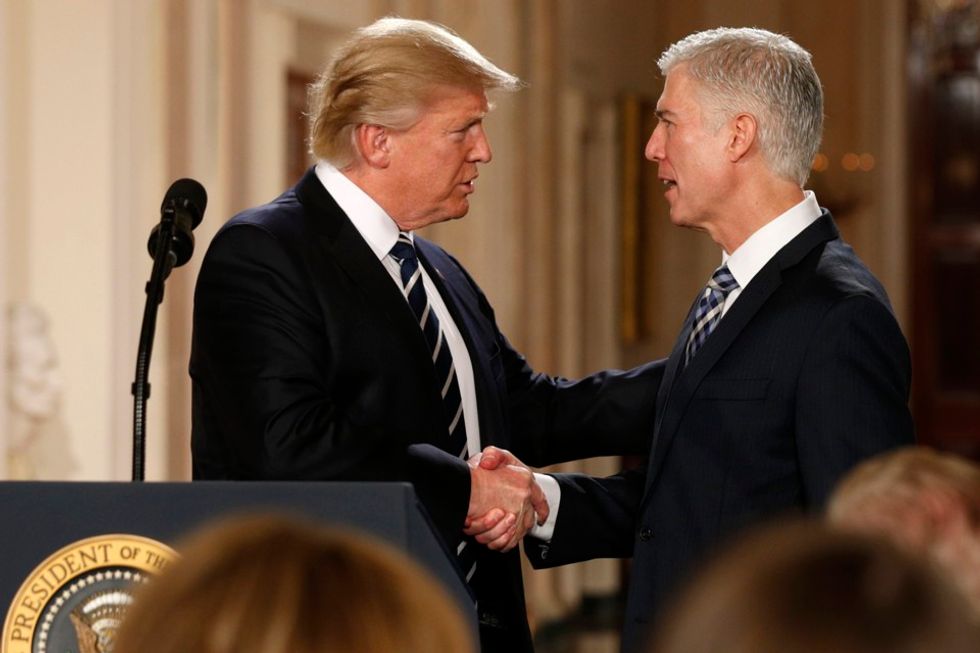After more than one year, it looks like that we may finally have someone to fill in the empty seat left by Justice Antonin Scalia after his death. After a whole year of watching the Senate not confirm Merrick Garland, Donald Trump has decided to nominate Neil Gorsuch to fill the empty judicial seat. His confirmation will finally break the even number of justices, thus preventing tied rulings from occurring. With the vote to confirm him looming before us, the American must wonder if Gorsuch is right for the job.
When voting on a SCOTUS nominee, only a simple majority is required to have the nomination go through. However, without a filibuster-proof majority, anyone can filibuster and delay the vote. In the current Senate, the Republicans have a simple majority, but not a filibuster-proof majority, meaning that Senate Democrats can filibuster, but the Republican do have the option to override this if they enact the nuclear option.
Assessing him on merit alone, Judge Gorsuch certainly has the legal acumen for the position. He received his BA from Columbia, his JD from Harvard, and a DPhil from Oxford. He has served as a law clerk for Justice Anthony Kennedy and Justice Byron White and has served for ten years as a judge on the Tenth Circuit of the United States Court of Appeals. In terms of legal acumen, he is about as qualified as Scalia was.
However, sadly, America does not assess its justices solely in legal acumen and constitutional and case knowledge. We have to assess them based on their political views. Usually, a justice's interpretation of the Constitution aligns with their political views. More liberal justices tend to see the Constitution as a living document, while more conservative justices tend to prefer interpreting the Constitution through its original Gorsuch is very similar to Scalia in his interpretation of the Constitution, as both of them have ruled based on an originalist framework.
In terms of his actual views, I personally believe that having Gorsuch on the bench will have a negative impact on the country. For example, he agrees with the Burwell v. Hobby Lobby ruling that recognizes that some corporations have religious rights. His views are mostly similar to that of Antonin Scalia, whose views I generally disagree with. Although his confirmation will just leave the court in the same precarious position as it was before Scalia's death, as Trump's presidency continues, he'll be in a position to appoint more people like Gorsuch to the court, which could lead to reversals of landmark rulings like Roe v. Wade.
I still firmly believe that Merrick Garland should have received at least a hearing, if not a proper confirmation vote. Both of them are qualified men for the job, and Garland should have been able to go before the Senate. And although I am not perfect agreement with Garland either, I prefer him to Gorsuch. Despite the GOP majority, the way the vote will go remains unclear as some members of either party may need to vote strategically with the opposition to maintain their seats and others worry about confirming Trump's nominee as more connections to Russia are exposed.
















